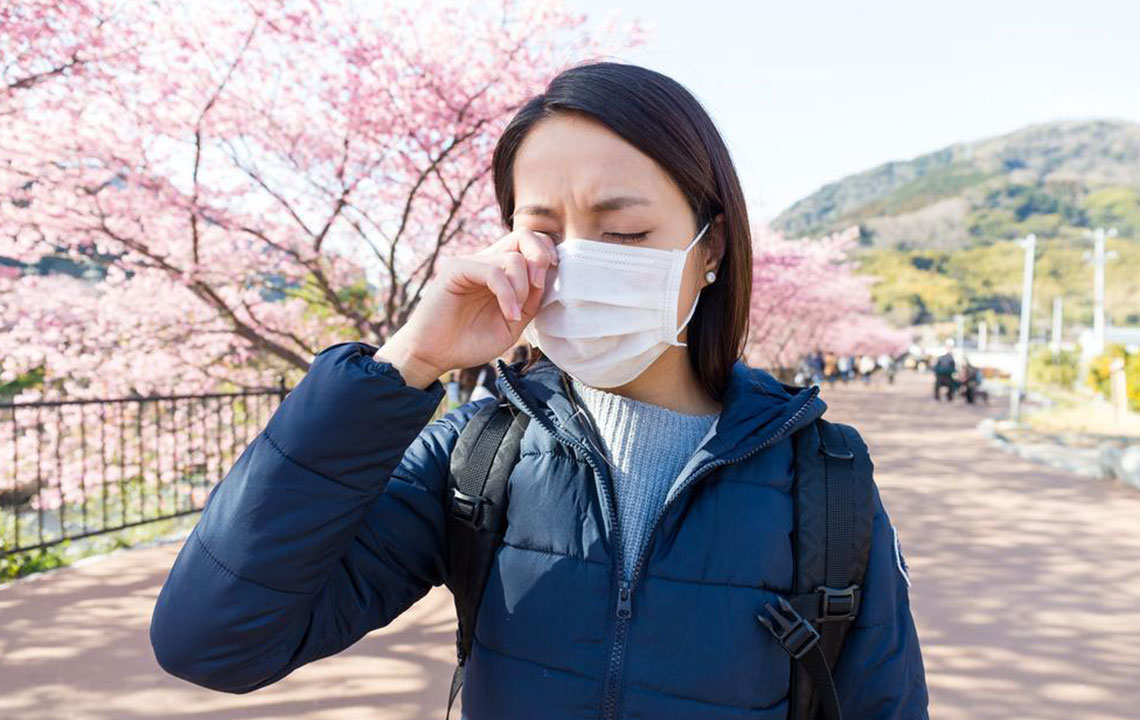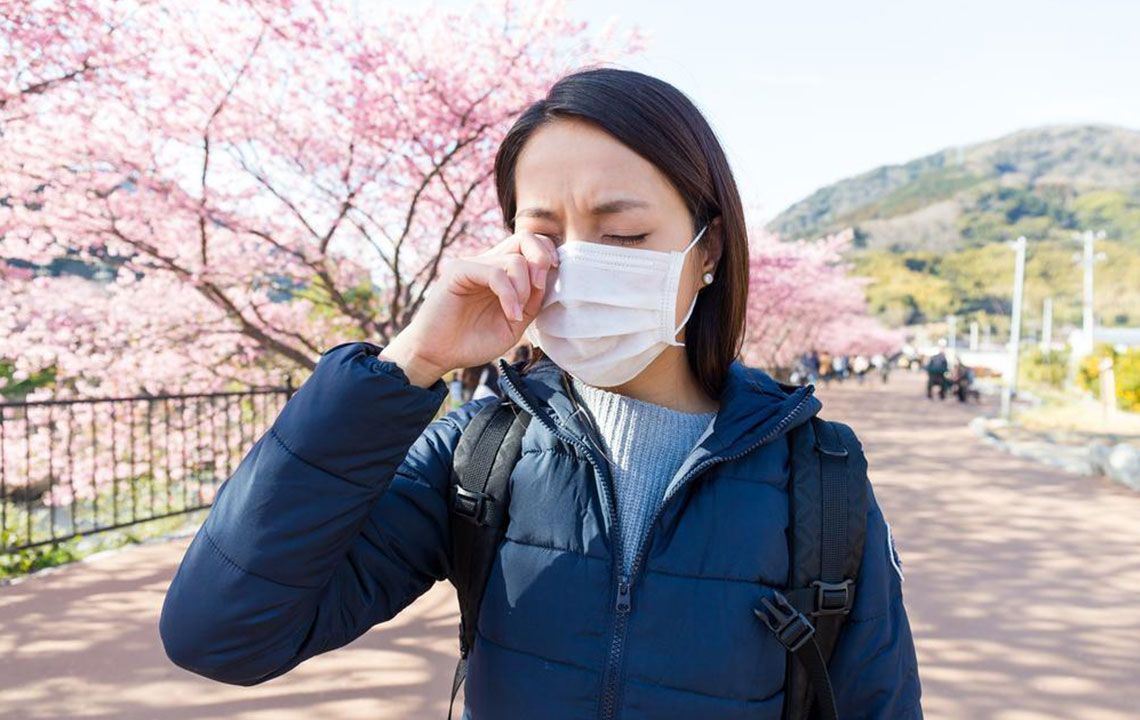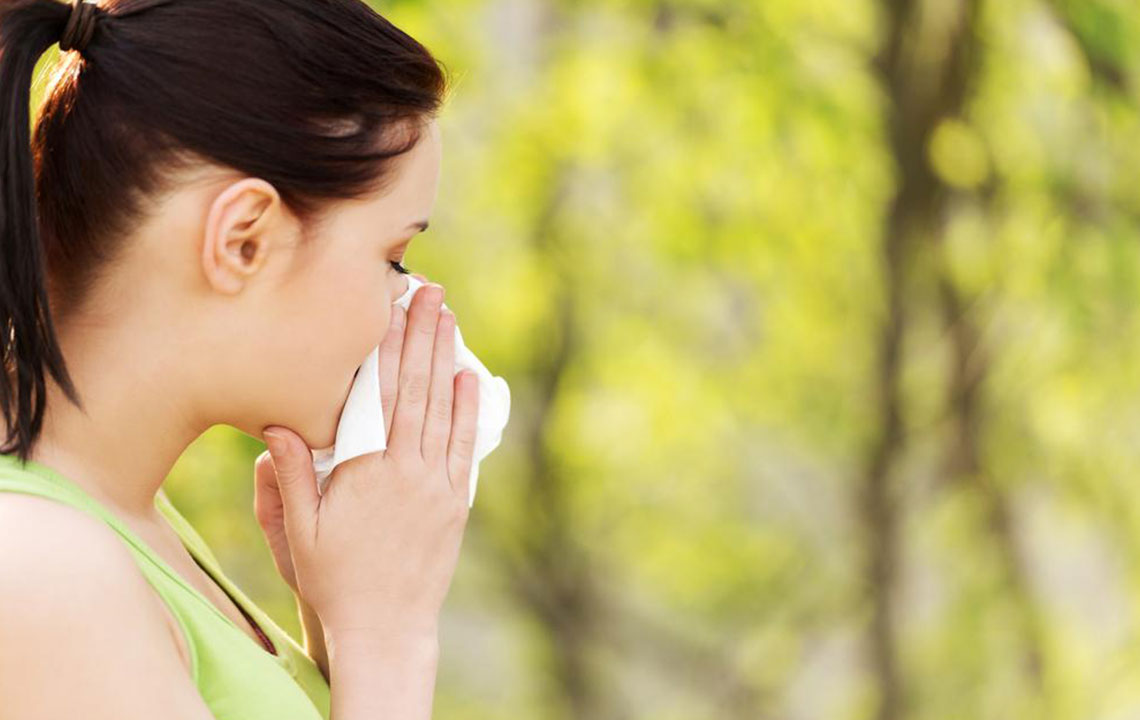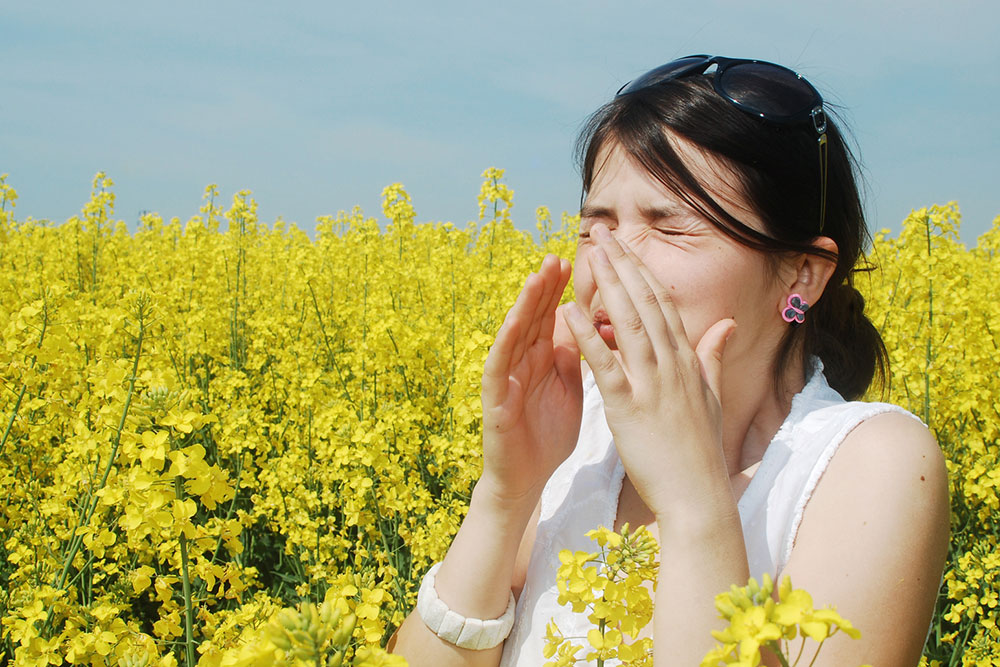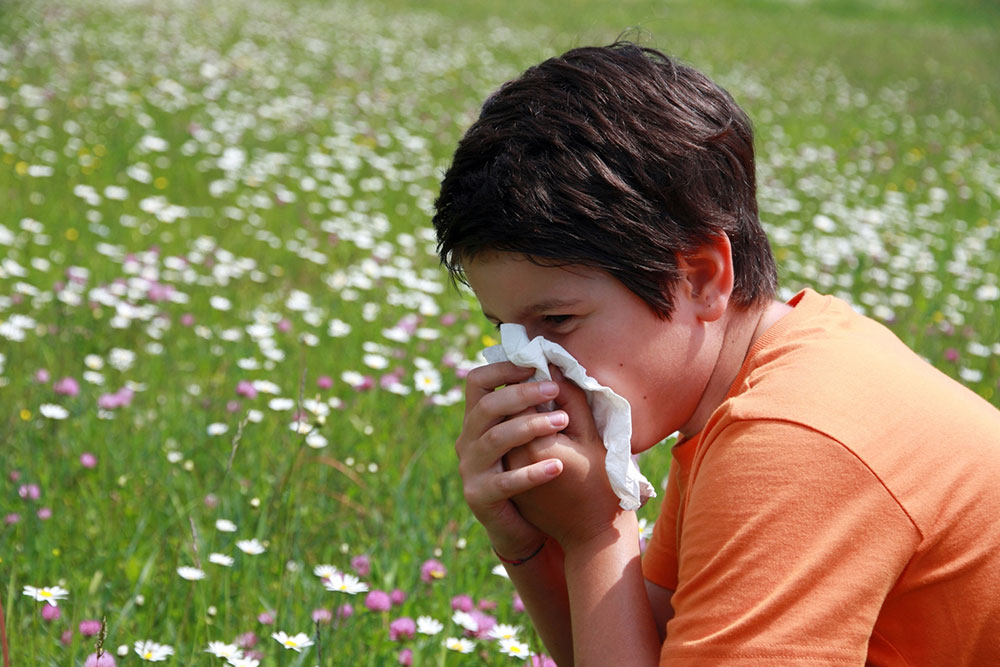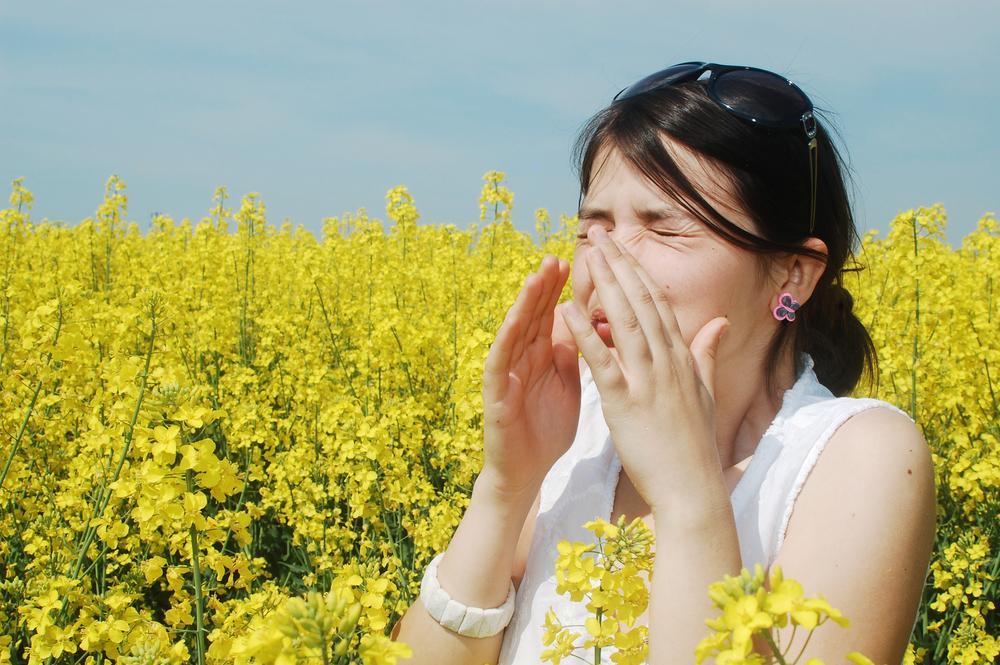Identifying and Managing Pollen Allergy Symptoms
Seasonal pollen allergies affect millions, causing symptoms like sneezing, itchy eyes, and congestion. Understanding their causes, symptoms, and treatments helps manage allergies effectively. Diagnostic tests like skin prick or blood tests identify triggers, while lifestyle changes and treatments such as allergy shots provide relief. Staying informed allows you to enjoy the outdoors without discomfort.
Sponsored
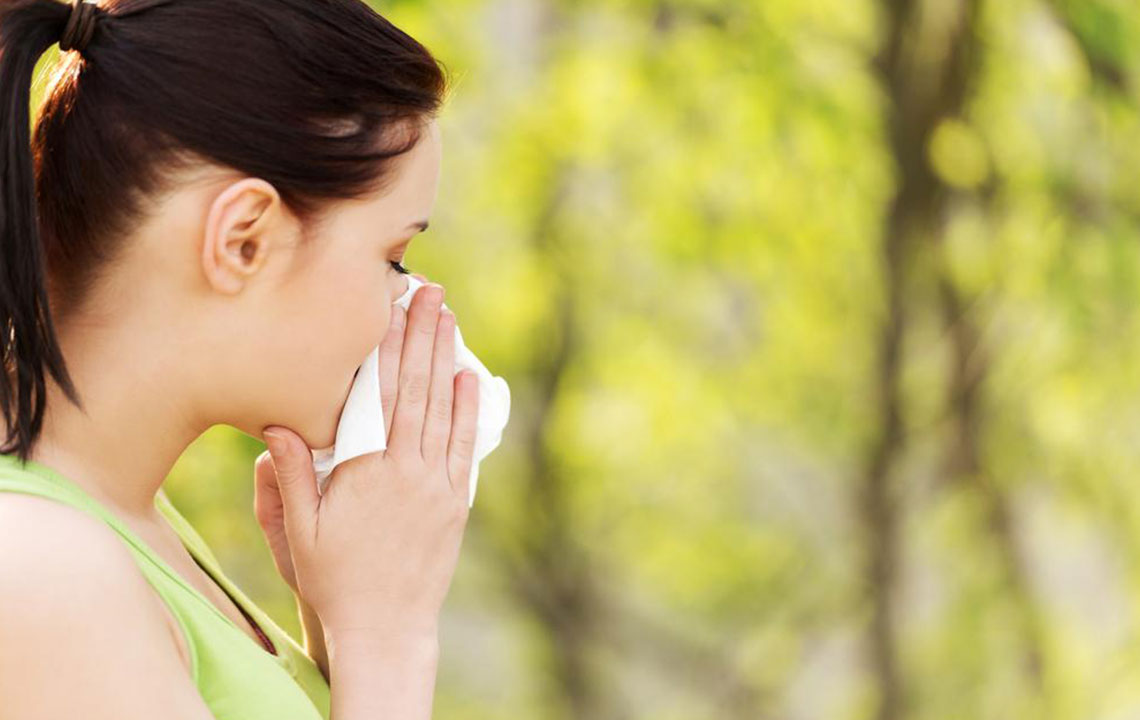
As spring and summer arrive, many look forward to outdoor adventures and sunshine. However, for some, these seasons bring unwelcome symptoms like watery eyes, nasal congestion, sneezing, and fatigue. If you notice these symptoms recur annually around the same time, you may be dealing with a pollen allergy, commonly known as hay fever or allergic rhinitis.
You're not alone—over 25 million Americans experience pollen allergies, with children being especially vulnerable. Understanding what causes these allergies, their symptoms, and how to identify them is key to managing your health effectively.
Pollen, the powdery substance produced by flowering plants during reproduction, can trigger allergies in sensitive individuals. Not all plants produce airborne pollen—only those like ragweed, oak, and maple release pollen into the air, which can cause allergic reactions.
Common symptoms of pollen allergies include sneezing, coughing, itchy and watery eyes, nasal congestion, sore throat, loss of taste or smell, and worsening asthma symptoms. Recognizing these signs early is important. The most accurate diagnosis is through skin prick testing, where allergens are introduced into your skin to observe reactions, or blood tests for specific antibodies.
Controlling pollen allergy involves various strategies. Allergy shots can gradually build immunity, while over-the-counter medications may provide short-term relief. Lifestyle changes—such as staying hydrated, avoiding certain foods that may trigger reactions, wearing sunglasses outdoors, keeping windows closed, and using air purifiers—can also help reduce symptoms.
If left untreated, pollen allergies can impact daily life significantly. Consult an allergy specialist to develop a personalized management plan and enjoy a healthier, more comfortable season.

